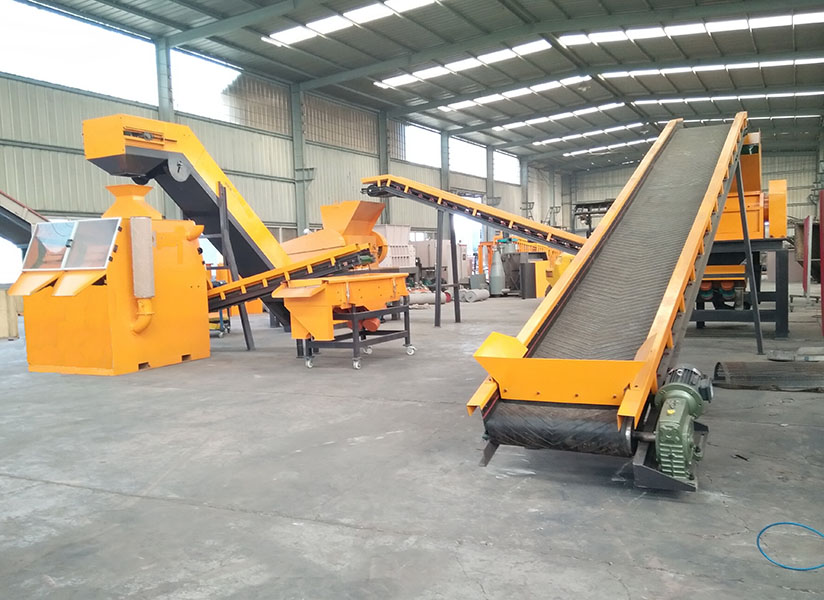

Сеп . 10, 2024 13:10 Back to list
The Importance of Scrap Metal Processing Plants
Scrap metal processing plants play a vital role in the recycling industry, serving as essential hubs for the collection, processing, and distribution of scrap metal. As the world grapples with environmental concerns and the need for sustainable practices, these facilities become increasingly significant in promoting resource recovery and reducing landfill waste.
The primary objective of a scrap metal processing plant is to transform discarded metal into reusable materials. Metals such as iron, aluminum, copper, and brass are commonly collected from various sources, including industrial sites, construction projects, and residential areas. Once at the processing plant, these metals undergo a series of operations designed to prepare them for resale to manufacturers and other industries.
At the heart of any scrap metal processing facility is the sorting process. Metals must be meticulously sorted to ensure that different types are processed correctly and efficiently. This is often achieved through manual labor as well as advanced machinery like shredders, balers, and magnetic separators. By separating ferrous from non-ferrous metals, plants can maximize their efficiency and profitability while ensuring that the end products meet industry standards.

After sorting, metals are typically shredded into smaller pieces, which makes them easier to transport and melt down. The next phase, melting, involves heating the scrap to high temperatures in furnaces, allowing it to be transformed into raw materials that can re-enter the production cycle. This process not only conserves energy—often requiring significantly less energy than producing new metal—but also minimizes the environmental impact associated with mining and refining virgin materials.
The economic benefits of scrap metal processing plants cannot be overstated. These facilities create jobs, support local economies, and generate tax revenue. Furthermore, the recycling industry contributes to a circular economy by providing materials for new production cycles, thus reducing the demand for raw materials and conserving natural resources.
However, it's crucial to acknowledge the environmental responsibility that comes with operating a scrap metal processing plant. Facilities must comply with regulations regarding emissions, water discharge, and worker safety. Implementing best practices in waste management and striving for continual improvement is essential for ensuring that the plant operates sustainably.
In conclusion, scrap metal processing plants are indispensable in the movement towards a more sustainable and efficient economy. By reclaiming valuable resources and minimizing waste, they not only contribute to environmental preservation but also stimulate economic growth and job creation. As we look toward a greener future, the role of these plants will only become more critical.
Latest news
Troubleshooting Common Eddy Separator Problems
NewsJul.04,2025
The Role of Metal Recycling Plants in Circular Economy
NewsJul.04,2025
The Impact of Recycling Line Pickers on Waste Management Costs
NewsJul.04,2025
Safety Features Every Metal Shredder Should Have
NewsJul.04,2025
How Industrial Shredders Improve Waste Management Systems
NewsJul.04,2025
How Cable Granulators Contribute to Sustainable Recycling
NewsJul.04,2025